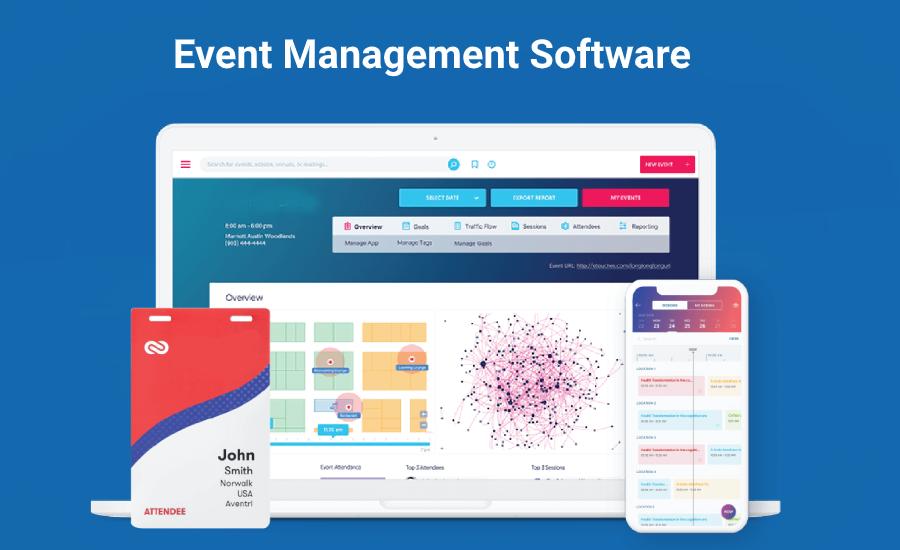Event Management Software Market Outlook, Opportunities | 2035

The future of the global events industry is being actively shaped by the powerful and comprehensive strategies of the leaders in the event management software market. A detailed analysis of these Event Management Software Market Market Leaders—a group dominated by the all-in-one platform giant Cvent—reveals a clear and sophisticated strategy focused on building a single, end-to-end "operating system" for the entire event lifecycle and for an organization's "Total Event Program." These leaders are not just selling a registration tool; they are selling a strategic platform that provides the data and the workflow automation to manage a global portfolio of in-person, virtual, and hybrid events. Their strategies are designed to create an incredibly deep and "sticky" customer relationship with formidable switching costs. The Event Management Software Market size is projected to grow USD 33.73 Billion by 2035, exhibiting a CAGR of 13.72% during the forecast period 2025-2035. To secure their dominant market positions, these leaders are pursuing a relentless strategy of platform expansion, both through massive in-house R&D and through a continuous stream of strategic acquisitions.
The cornerstone of the market leaders' strategy is the delivery of a single, unified, all-in-one platform. Cvent's strategy is the quintessential example of this approach. Their platform is a massive, integrated suite of modules that aims to cover every conceivable need of an event planner. This starts with the "event marketing and management" side of the house, including tools for creating event websites, managing email marketing campaigns, and a powerful and highly configurable online registration system. It then extends to the "event experience" side, with modules for mobile event apps, attendee engagement tools (like polling and Q&A), and a virtual event platform. Finally, it covers the entire hospitality and travel side, with a massive venue sourcing database and tools for managing hotel room blocks. The core of their strategy is to be the single source of truth for all event-related data, providing a holistic view of the entire event program. This integrated platform strategy is a massive competitive advantage, as it offers a level of efficiency and data consistency that a patchwork of point solutions cannot match.
A second critical pillar of the market leaders' strategy is a "land-and-expand" sales motion combined with a focus on the large enterprise and association market. Their strategy is to "land" a new corporate client by selling them a solution for a single event or a single part of the event lifecycle, such as registration. Once they are embedded in the organization and have proven their value, their strategy is to "expand" the relationship by cross-selling and up-selling their vast portfolio of other modules. A customer who starts with registration might then add the mobile app, then the virtual event platform, and then might sign an enterprise-wide agreement to manage their entire global events program on the platform. This strategy is incredibly effective at increasing customer lifetime value and at building a deep, enterprise-wide entrenchment that is very difficult for a competitor to dislodge. A third strategic focus is the continuous expansion of the platform through M&A, acquiring smaller, innovative companies to add new features and to consolidate the market, further strengthening their all-in-one platform offering.
Top Trending Reports -
- Art
- Causes
- Crafts
- Dance
- Drinks
- Film
- Fitness
- Food
- Παιχνίδια
- Gardening
- Health
- Κεντρική Σελίδα
- Literature
- Music
- Networking
- άλλο
- Party
- Religion
- Shopping
- Sports
- Theater
- Wellness
